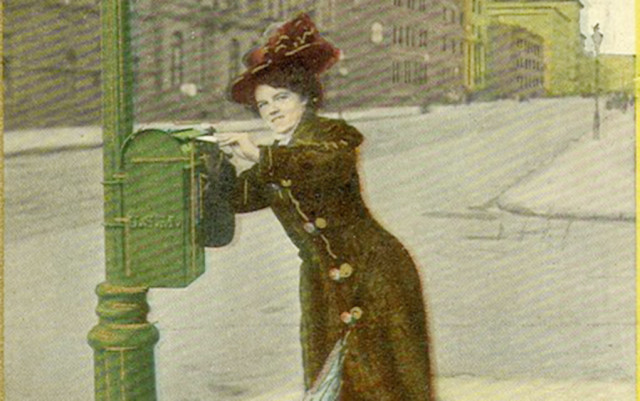
Build on open space?
About a year ago I was attending a Boulder Chamber event in Glenn Miller Ballroom and was in a break-out session discussing how to make Boulder more affordable. Ideas were being thrown out, like offering RTD passes to various groups and trying to prevent businesses from moving to Boulder. Hearing nothing practical or of any real consequence, I commented that we were just nibbling around the edges of the problem and that if we were truly interested in making a difference we’d have to consider two things: 1) Our restrictive building regulations; and 2) Building on open space.
You would have thought I had just uttered heresy.
Building regulations are a subject for another day. Today I’d like to suggest that we use open space to help make Boulder more affordable to our friends and neighbors, and, brace yourself, newcomers and strangers.
Many in Boulder profess to care about affordability. But to care means to be willing to make a sacrifice. And of course sacrificing means to give up something of value. The question is: In addressing affordability, what are we willing to give up?
Discussing this topic with locals, I rarely hear someone say they realize that adopting our building restrictions and buying up all of the open space makes living here unaffordable for many, and they’re at peace with that fact. Rather, we convince ourselves that we’re virtuous if we enact affordability programs, never admitting that these programs only benefit a select few.
The City of Boulder owns over 45,000 acres of open space, and the County has 105,000 acres of open space and restricted lands, totaling over 150,000 acres. I bet we could part with just a half-percent of it, dedicate it to housing, and life as we know it would not end. That’s right, just a half-percent. That is, if we really cared about affordability as much as we say we do.
In her lecture series, Catherine Austin Fitts tells a story about when she was giving a talk on eliminating corruption from the world. She was presenting to a group of intelligent, spiritually evolved people who had gathered, seeking spiritual evolution. Catherine asked how many were dedicated to a better civilization, and all responded in the affirmative. Then she asked who would want to stop corruption if it meant their investment portfolios would take a big hit. Only one person out of the hundred responded.
I sense a similar sentiment here in Boulder. Everyone claims to want to address affordability. Indeed, many call it our number-one concern. But hardly anybody really wants to do anything that’d negatively impact their utopia.
Jan Burton’s recent excellent column in the Daily Camera explains how a less restrictive mindset can help the middle class, and that we should favor such. But even Jan wouldn’t dare recommend open space as part of the solution. The down-payment assistance program recently approved in Ballot Issue 2I can also help a select few. But this too, in reality, is largely a feel-good measure, bound to have very limited effect. And by the way, why should we respond with more government regulation and introduce another marketplace distortion — as the deed restriction and appreciation cap would be — when we can address the issue at its root cause?
If we really care about inclusivity and affordability, why not share the wealth? Surely we’re not so idealistic that we wouldn’t dare repurpose just a half-percent of our open space land so that others could join us here in paradise. I’m assuming that we’re not just mouthing the affordability mantra, with no sincere intent of anything ever coming from it. And surely open space is not more important than affordability.
Will dedicating a little bit of open space completely solve our affordability challenges? Of course not. But, whenever you find yourself in a hole, the first rule is to stop digging. And doing things like buying open space acreage that’s perfectly suitable for housing, such as the Hogan-Pancost parcel, is the exact wrong thing to do. No surprise, some claim that Hogan-Pancost has water drainage issues. To that I’d respond, if you’re opposed to any development that would compromise your utopia, and you aren’t really that committed to affordability, then any excuse will do.
As Yates and Weaver stated in their recent Camera piece promoting 2I, referencing Winston Churchill, a pessimist sees a difficulty in every opportunity, an optimist sees an opportunity in every difficulty. We can make a difference in other people’s lives, if we would dare to.
Charlie Danaher/Boulder














